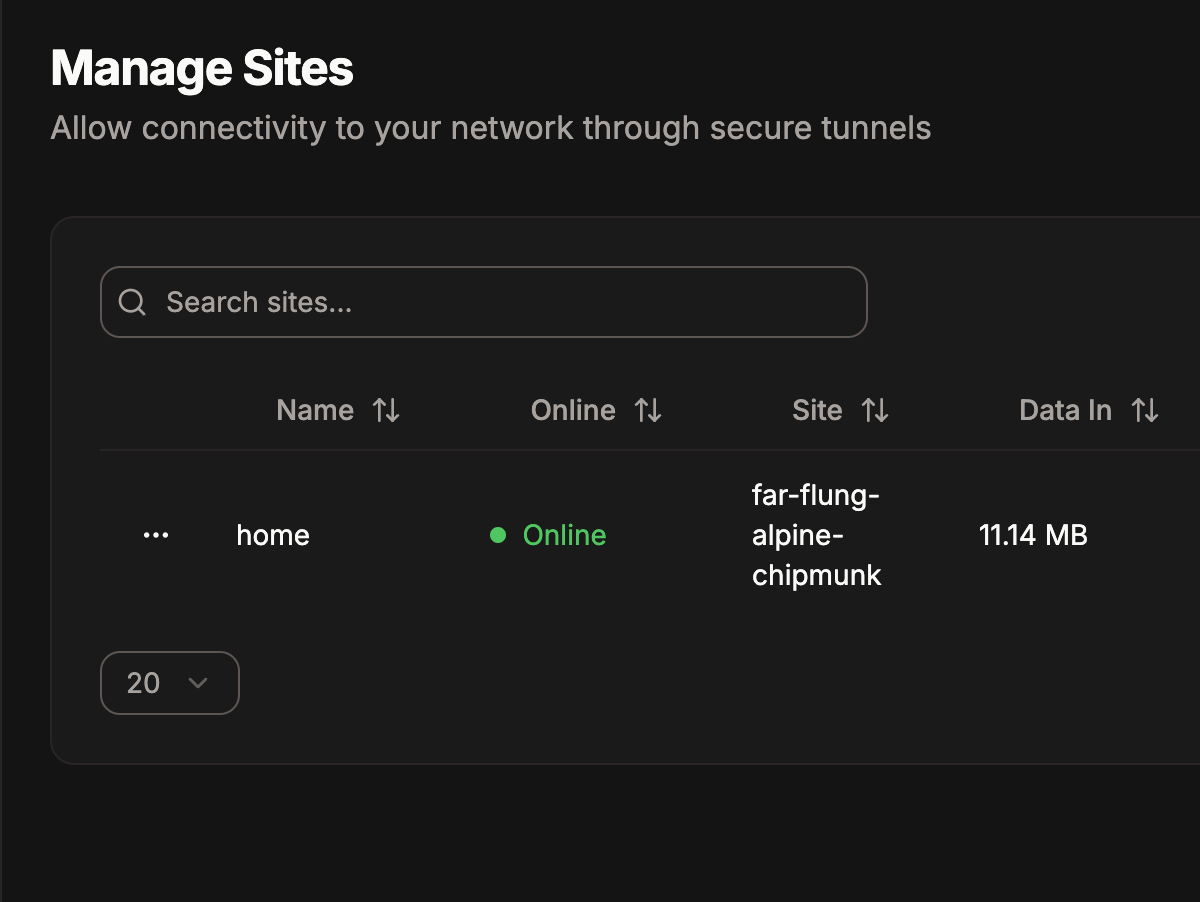Pangolin on a Pi
Since running my Pangolin on a Pi experiment my host has added
This is a service aimed at hobbyists, and shouldn’t be used for nuclear power station command and control systems.
to their sign up page (before).
I’m sure it’s a coincidence, but today I am moving Pangolin to a VPS.
I tried to turn Pangolin on a Pi into a guide. It didn’t want to be one.
Pangolin works on my IPv6 only Pi 🎉
I’ve got some tidying up to do, then it needs a write-up.

Pangolin on a Pi project progress
Most things in tech play out like that scene from Malcom in the Middle, where Hal’s trying to do one thing and then he needs to do another, and another, until he’s forgotten where he started.
Pangolin on a Pi started off as a quick little test that turned into a week long adventure.
Pangolin
Pangolin is an app that lets you tunnel into a private network, securely, from the outer internet. This means you can run your own apps and services at home and use Pangolin to let your friends and family connect to them.